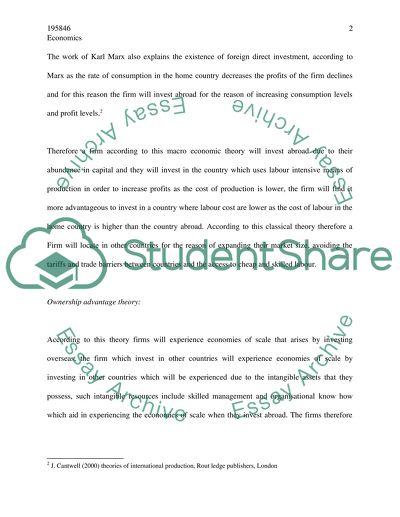Cite this document
(“Foreign Direct Investment Term Paper Example | Topics and Well Written Essays - 1000 words”, n.d.)
Foreign Direct Investment Term Paper Example | Topics and Well Written Essays - 1000 words. Retrieved from https://studentshare.org/macro-microeconomics/1534555-economics-master-essay
Foreign Direct Investment Term Paper Example | Topics and Well Written Essays - 1000 words. Retrieved from https://studentshare.org/macro-microeconomics/1534555-economics-master-essay
(Foreign Direct Investment Term Paper Example | Topics and Well Written Essays - 1000 Words)
Foreign Direct Investment Term Paper Example | Topics and Well Written Essays - 1000 Words. https://studentshare.org/macro-microeconomics/1534555-economics-master-essay.
Foreign Direct Investment Term Paper Example | Topics and Well Written Essays - 1000 Words. https://studentshare.org/macro-microeconomics/1534555-economics-master-essay.
“Foreign Direct Investment Term Paper Example | Topics and Well Written Essays - 1000 Words”, n.d. https://studentshare.org/macro-microeconomics/1534555-economics-master-essay.


